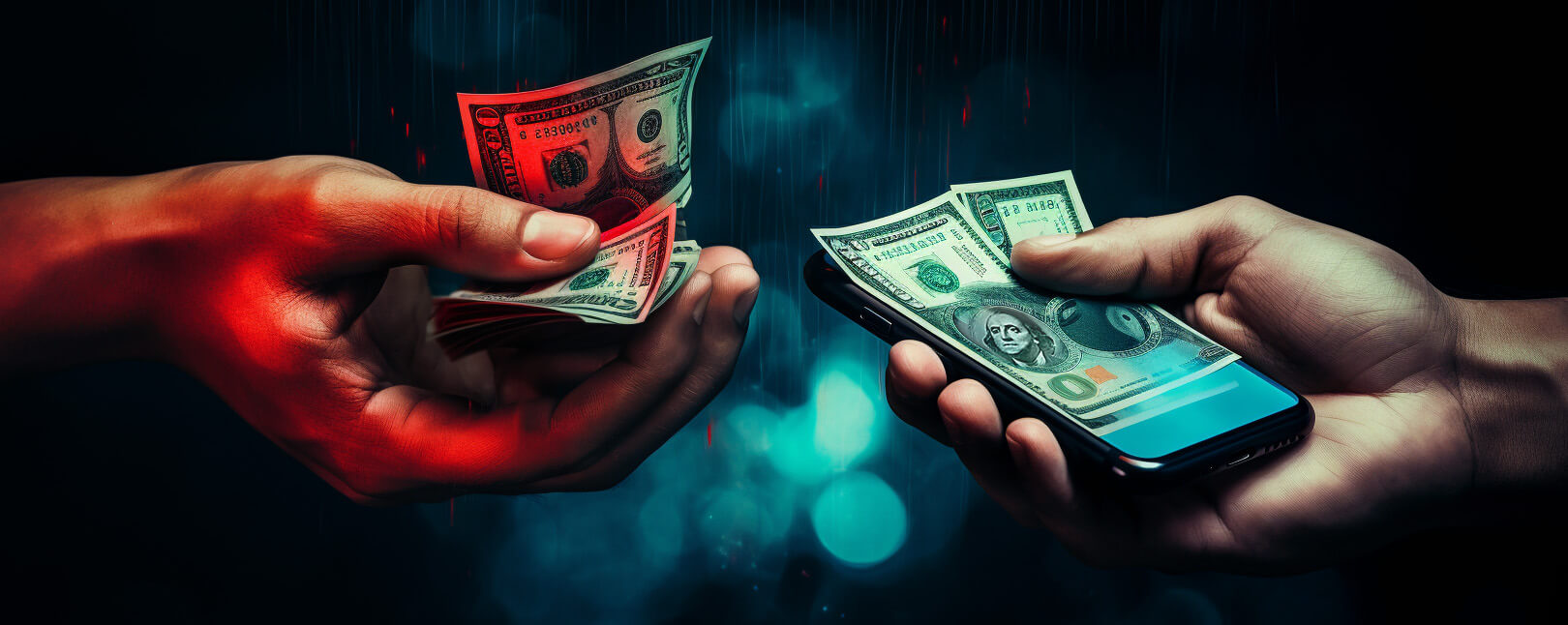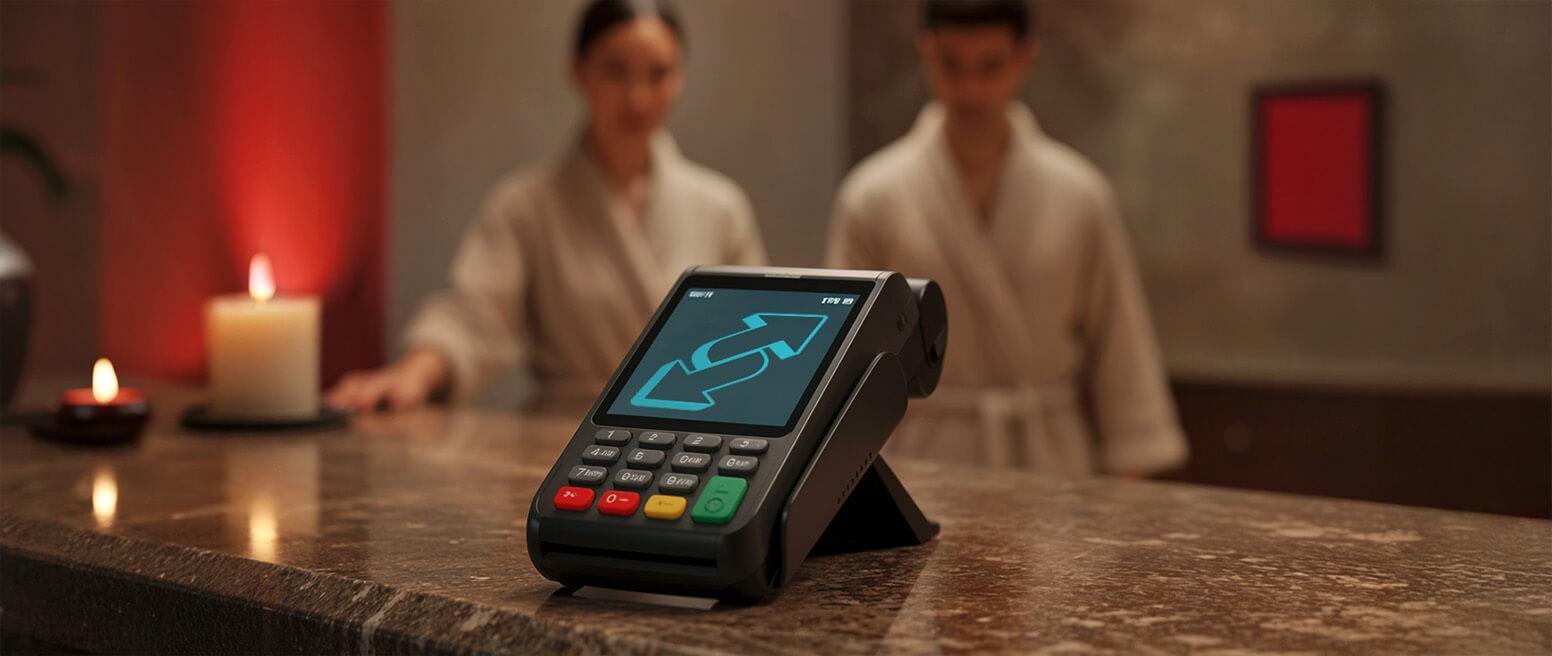What Happens if a Transaction Turns Out to Be a Scam? Can You Dispute Apple Cash Transactions?
Apple Pay is a contactless payment technology that the company introduced back in 2014. The service is exclusive to Apple devices, but has proven to be extremely popular, especially in the wake of the covid-19 pandemic. Now, though, iPhone or Apple Watch owners have an additional option: Apple Cash.
The Apple Cash platform allows users to send money to friends or family through the iOS message app. Along with the Apple Card and the Wallet app, Apple Cash is deeply integrated into the Apple payment system.
Having everything tied together in one place is convenient. But, while there are definite benefits for consumers and merchants, there are a few drawbacks as well. This is perhaps most clear regarding the question of how to dispute Apple Cash transactions.
Recommended reading
- How Do Banks Investigate Disputes on Credit Cards?
- What Happens When You Dispute a Transaction?
- The Bank Dispute Process: A Step-by-Step Guide
- What is a Transaction Dispute? Why Do Customers File Them?
- Authorization Reversals: Lost Sales are NOT Always Bad?
- Dispute Management System: How to Pick the Best Provider
What Is Apple Cash?
- Apple Cash
Apple Cash is a digital payment card which enables iOS users to send and receive payments in Apple’s iMessage app.
[noun]/a • pl • kaSH/In simple terms, you could say that Apple Cash works like a digital prepaid debit card that lives in the Wallet app installed on a user’s Apple device. The platform offers a way to send and receive money electronically.
Apple Cash functions as a peer-to-peer (P2P) network, similar to Venmo. What differentiates it from other P2P networks, however, is that Apple Cash can also be used anywhere Apple Pay is accepted.
The Apple Cash function automatically appears in a user’s Apple Wallet as soon as their iPhone is configured. It doesn’t cost anything to maintain an account. That said, it can’t be used until money is added to the account through a debit card in the Wallet app.
Pay, Wallet, Card, Cash: What’s the Difference?
Before we go much further, it’s a good idea to outline all these individual Apple products. You need to have a solid grasp on what each service actually does.
In simple terms, Apple Pay is a tool used to make purchases using stored information from any payment card. Apple Cash is a peer-to-peer cash transfer system that functions like a reloadable gift card. Then, the payment information used for both methods is stored in the Apple Wallet app.
Making a purchase also requires secondary verification like Touch ID or Face ID. Advanced Fraud Protection, a new feature in iOS 15, helps protect Apple Card information by changing the three-digit card security code on a regular basis.
All of these protections help stop fraud from happening during a transaction. But like most payment methods, they can’t prevent fraud that happens after the fact.
Can You Dispute Apple Cash Transactions?
The short answer is “not really.”
The right to dispute an invalid charge on one’s credit or debit card is guaranteed under the Fair Credit Billing Act. However, the FCBA doesn’t extend to peer-to-peer money transfer services. Thus, the right to dispute Apple Cash transactions is not a buyer protection granted to users.
Apple offers no direct recourse for fraud involving Apple Cash transactions. The service is intended for peer-to-peer transactions, and as a rule, P2P payments can't be reversed if they’ve been accepted. Once money leaves a mobile wallet, it’s usually gone for good.
Users can dispute Apple Cash transactions if those transactions have not yet been accepted by the payee.
Here’s an example: let’s say that a person’s device gets hacked. They send messages to contacts, claiming they’re having an emergency, and need a friend to send money quickly to help. If the targets send that money, the scammer can disappear with the funds before anyone realizes what happened.
The fact that that money went to a scammer is irrelevant. In the end, the user authorized the payment, and Apple processed it as they were instructed to do.

As we touched on earlier, Apple Cash accounts have to be tied to a debit card in order to work. Funding one’s Apple Cash account could be considered a payment card transaction; thus, that transaction could be covered under FCBA mandates. This would give the user the right to call the bank and complain that the purchase was fraudulent.
The account holder will have to explain the entire situation to the bank agent, though. They will basically have to convince the bank that the scam was on a debit card, even though the fraud happened through the Cash app. This would constitute first-party fraud.
One of two things will happen next. You may be prompted to to speak with an Apple Card Specialist via chat to provide more information. Or, you’ll receive a form, which must be completed and submitted to Goldman Sachs so they may investigate.
Apple Cash Scams to Watch for
So far, we’ve been talking about why users can’t dispute Apple Cash transactions that result from scams. But, what kinds of scams are we referring to? What should Apple Cash users watch for to avoid becoming a victim?
Like most scams, most Apple Cash schemes are designed to trick users into either transferring money or revealing personal information. While there are many types of Apple Cash scams, they typically fall into a few general categories:
Avoid Being a Victim
As we established, users can't dispute Apple Cash transactions. Instead, they should focus on trying to prevent them.
Many of the best practices for avoiding Apple Cash schemes are the same precautions that should be used against scams in general. For example:
Don't prepay for anything you haven't received
Don't send payment for online purchases until you receive the item. A reputable merchant will play by those rules, but most scammers won’t. If the seller insists on prepayment, consider looking elsewhere.Don't send money to business or government agencies
Scammers often pose as agents of real organizations like the IRS, then use tactics like the threat of legal action to get immediate results. Legitimate businesses and agencies will never call out of the blue and request payment via Apple Cash.Don't send money or share information to Apple or tech support
No legitimate representative from Apple Support will ask for account security details like passwords, verification codes, or recovery keys. If a message claims there is an issue with an iPhone or other device, contact Apple directly.Don't facilitate money exchanges
Never get stuck as a “middle man” for a second-party or triangulation scam. A scammer can claim they need to recharge their Apple Cash account, and offer to exchange a check for an Apple Cash transfer. When the check bounces, the victim is stuck with the loss (and possible legal ramifications).Fraud Prevention Needs a Wider Scope
If a consumer is scammed when using Apple Cash there’s only a marginal chance of getting the money back. Apple itself claims no responsibility, and does not have any process for you to dispute Apple Cash transactions. There is a possibility you can convince the bank that the fraudulent transaction was actually attached to the debit card, but it’s a long shot.
For merchants, doing nothing and hoping that the impacts of fraud won’t come back on them is not a good strategy, though. Doing nothing to challenge scams will negatively impact a business’s bottom line. Thus, a more comprehensive approach is required.
To learn about fraud and chargeback management that goes beyond the basics offered by fintech platforms, talk to Chargebacks911® about a free chargeback analysis today.
FAQs
Is Apple Card good with disputes?
Apple Card – or Apple Pay – has a good reputation for making it easy to dispute transactions. Apple Cash, however, doesn't include buyer protection, although you can attempt to reverse a transaction if it hasn’t yet been accepted by the payee.
Can I dispute an Apple Cash transaction with Apple?
No. Apple Cash is a peer-to-peer money transfer service, similar to Venmo. Apple Cash transfers can't be reversed, because the user technically agreed to the transfer.
Can I dispute an Apple Cash transaction with my bank?
Maybe. Funds are moved from your bank account into your Apple Cash account through a debit card. So while you can’t dispute an Apple Cash purchase per se, you could contact the bank and try to dispute the debit card transaction that allowed for the Apple Cash purchase to take place.
What happens to the merchant when you dispute a charge?
Once a customer dispute is officially filed, it almost always progresses to a chargeback. The funds in question are moved from the merchant’s account to the consumer’s. While the merchant may try to contest a claim, there’s a good chance they will lose the order itself, the purchase price, and any ancillary costs. Even if they get the chargeback overturned, they will still be assessed administration fees.
Can I dispute a credit card charge that I willingly paid for?
Maybe. Chargebacks are only allowed in cases involving legitimate fraud or abuse. If you made a purchase that was never delivered to you, or was damaged in shipment, or turned out to be significantly different than was advertised, then a dispute may be warranted. But, as with any other dispute, filing a chargeback should be a last resort, after you have contacted the merchant and exhausted all other options without reaching a resolution.














